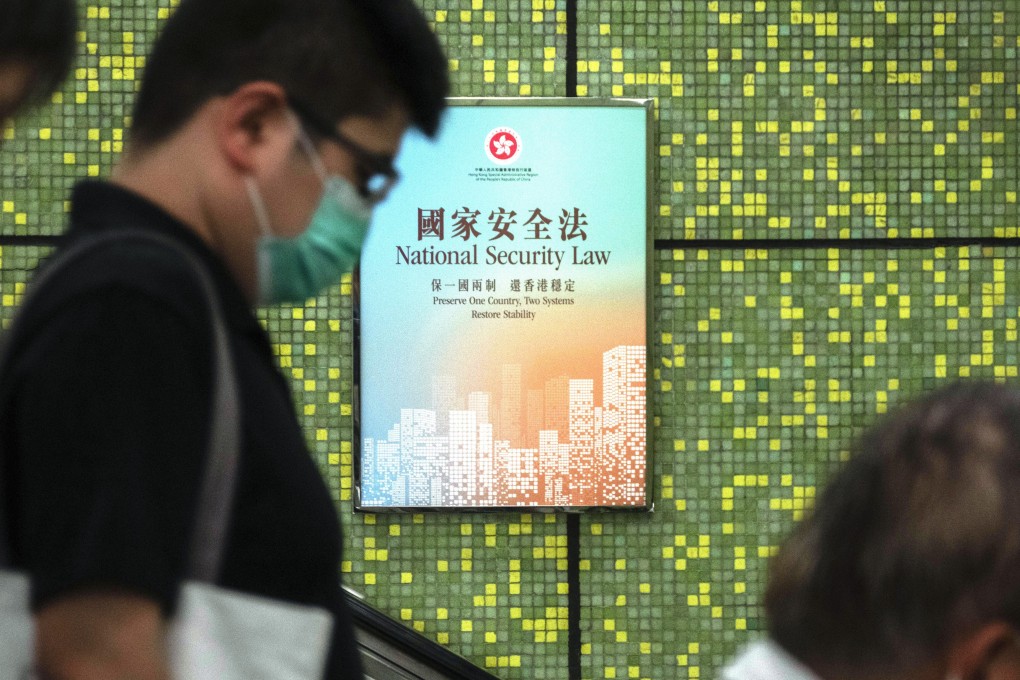Advertisement
Opinion | Why most Asian countries have not spoken out against Hong Kong’s national security law
- In a region where many rely on Chinese investment, governments see standing up to Beijing over Hong Kong as a risk not worth taking
- Japan has expressed ‘regret’ over the new legislation, with Shinzo Abe under pressure from G7 leaders to take a strong stance against China
Reading Time:3 minutes
Why you can trust SCMP

Reaction from most Asian countries towards Hong Kong’s new national security law has been largely lukewarm if not downright muted, with the exception of Japan.
Advertisement
On Tuesday China passed and enacted the new legislation which Beijing said will help the special administrative region restore stability after a year of social unrest.
Japan’s immediate response was to say the move would erode international confidence in the “one country, two systems” principle. On Tuesday, Chief Cabinet Secretary Yoshihide Suga called the law “regrettable”, saying that it had come in the face of “strong concerns from the international community and citizens of Hong Kong”.
James Brown from Temple University in Japan said the new law has put Prime Minister Shinzo Abe in a difficult position as he is being pressured by other G7 members to take a strong stance against China. The G7 comprises Canada, France, Germany, Italy, the United Kingdom, the United States, and Japan.
“Stabilising relations with China has been one of Abe’s main diplomatic achievements and he does not want to jeopardise this. Economic factors matter too,” Brown said.
Advertisement

Advertisement
